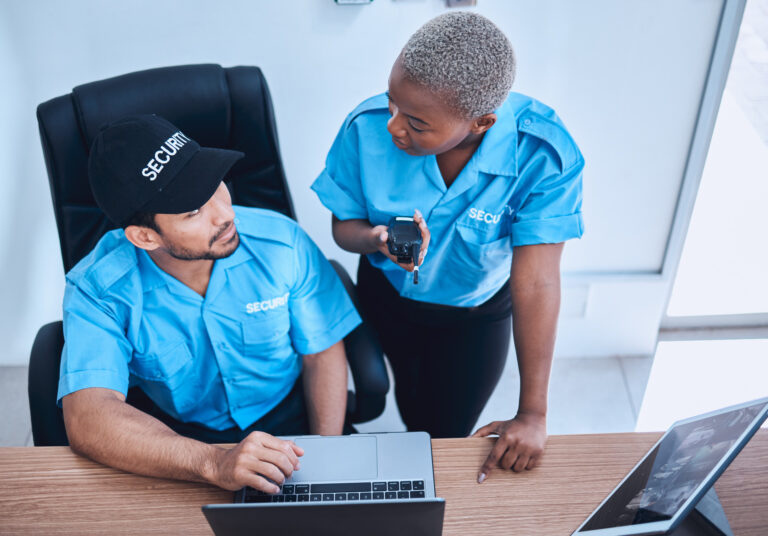How to Obtain Your Georgia Contractors License and Start Contracting Business

There are several steps required to obtain your Georgia contractors license and legally start your own contracting business. This guide will outline the licensing process and requirements, along with tips for starting your business.
Determine Your License Classification
The first step is to choose which license classification best fits the type of contracting work you want to perform. Georgia has over 30 license classifications ranging from general contractor to plumbing, electrical, solar, and more. Carefully review the license requirements and scope of work allowed under each classification on the Georgia State Licensing Board for Residential and General Contractors website. Choosing the correct classification is important as you can only legally perform work within its scope.
Meet Experience and Education Requirements
Each contractor license classification has unique experience and education requirements that must be met before applying. For example, general contractors require a high school diploma or GED and 4 years of verified contracting experience. Residential contractors need 2 years of experience. Trade contractors like electricians may require an associate’s degree or certificate program in addition to on-the-job training hours. Gather documents like pay stubs, W-2s, or letters from previous employers to prove your experience qualifications.
Pass Required Examinations
All applicants, with some exceptions, must pass two exams – a trade examination and a business and law examination. The trade exam tests your knowledge of technical skills in your chosen field. The law exam covers regulations, best practices, insurance, and legal aspects of being a contractor in Georgia. Study contractor’s reference manuals, your career’s code book, and practice test questions online before scheduling an exam with PSI Examination Services. You must pass both exams with a minimum 70% score to apply for licensure.
Apply for an Apprentice License (if required)
Depending on your classification, you may need to first obtain an Apprentice License while gaining additional hours under a licensed contractor. The apprentice application process is similar but has reduced experience requirements. This allows you to continue training and establishing yourself before progressing to a full license. Be sure to follow all apprentice rules and work under proper supervision.
Complete Your Contractor License Application
With all prerequisites completed, you can fill out the license application available on the licensing board’s website. Include your personal information, references, and experience records, and pay the required fee which differs based on license type. Your application will undergo a review process that can take 4-6 weeks. Completing this step means you are now a fully licensed contractor in Georgia!
Obtain Your Business License and Permit
Now you can legally start your contracting business. Register your company name with the Georgia Secretary of State and obtain appropriate business licenses for your city or county. Next, apply for a contractor business license from the county or city where your business is physically located. Additionally, building permits are required for any jobs performing construction work on a site. Familiarize yourself with local rules around licenses, inspections, and code compliance.
Set Up Your Business Entity and Operations
Determine whether to operate as a sole proprietorship, partnership or form an LLC or corporation. Register your selected entity with the state, obtain an Employer Identification Number from the IRS, and set up business bank accounts. Acquire the necessary tools, vehicles, insurance policies (liability, workers comp), and accounting software, and set your business address and website. Hire employees or independent contractors if your workload warrants it.
Build Your Brand and Market Your Services
Creating a brand identity through a logo, colors, and tagline helps customers recognize and remember your business. Market your services locally through flyers, door hangers, social media, online directories, and partnering with real estate agents and developers. Provide great customer service, fair pricing, and high-quality work to generate positive referrals and reviews. Consider joining industry associations to stay updated on regulations and network with other professionals in your field.
Stay Compliant and Continue Learning
Maintaining your license in good standing requires ongoing compliance. Ensure you complete any continuing education and renewal requirements. Keep proper records of all jobs and financial transactions for tax and audit purposes. Compliance protects both you and your customers. Continue advancing your skills through additional training programs, seminars, and certifications to stay competitive. Being a lifelong learner will help your business grow successfully for many years.
With proper planning and following the steps outlined, you can obtain your Georgia contractors license and begin what will hopefully be a rewarding career as an independent business owner in the construction industry. Staying diligent about legal requirements, and safety practices, and serving customers well sets contractors up for sustainable long-term success.
Keep reading such informative content at bhtnews.com
Latest Post by VentsMarketing
the Rupp Rafters
the-legacy-and-lore-of-the-rupp-rafters
unraveling-the-journey-of-a-1990s-2000s-rock
navigating-the-happiness-with-wave-of-happy
unveiling-half-of-a-1990s-2000s-rock-duo-with-six-grammys




